
Eugenio Montale was an Italian poet, prose writer, editor and translator, recipient of the 1975 Nobel Prize in Literature and one of the finest literary figures of the 20th century.

Struga is a town and popular tourist destination situated in the south-western region of North Macedonia, lying on the shore of Lake Ohrid. The town of Struga is the seat of Struga Municipality.

The Miladinov brothers, Dimitar Miladinov (1810–1862) and Konstantin Miladinov (1830–1862), were Bulgarian poets, folklorists, and activists of the Bulgarian national movement in Ottoman Macedonia. They are best known for their collection of folk songs called Bulgarian Folk Songs, considered a milestone in Bulgarian literature, the greatest literary work in the history of Bulgarian folklore studies and the genesis of folklore studies during the Bulgarian National Revival. They also contributed to Bulgarian ethnography through their collection of folk material. Their third brother Naum (1817–1897) helped compile this collection too. Konstantin Miladinov is also famous for his poem Taga za Yug which he wrote during his stay in Russia.
World Poetry Day is celebrated on 21 March, and was declared by UNESCO in 1999, "with the aim of supporting linguistic diversity through poetic expression and increasing the opportunity for endangered languages to be heard". Its purpose is to promote the reading, writing, publishing, and teaching of poetry throughout the world and, as the original UNESCO declaration says, to "give fresh recognition and impetus to national, regional, and international poetry movements".

José Emilio Pacheco Berny was a Mexican poet, essayist, novelist and short story writer. He is regarded as one of the major Mexican poets of the second half of the 20th century. The Berlin International Literature Festival has praised him as "one of the most significant contemporary Latin American poets". In 2009 he was awarded the Cervantes Prize for his literary oeuvre.
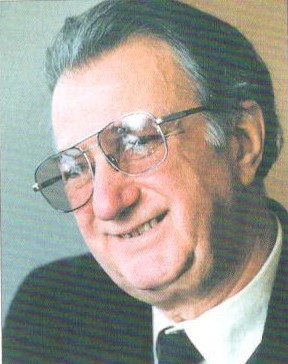
Mateja Matevski was a Macedonian poet, literary and theater critic, essayist, and translator.
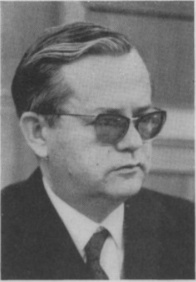
Blaže Koneski was a Macedonian poet, writer, literary translator, and linguistic scholar.
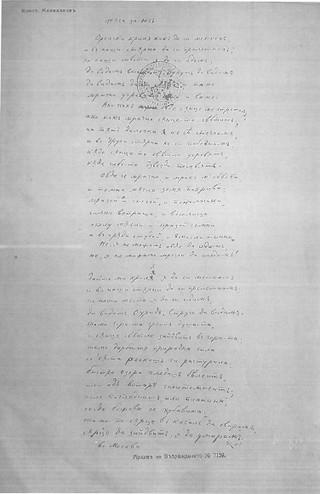
Taga za Yug was a poem by the Bulgarian National Revival poet Konstantin Miladinov. It is a patriotic-reflexive song in which the author, who lives in Moscow, expresses his homesickness for his homeland. By the end of the 1850s, Bulgarian poets as Miladinov started to write lyric poetry in vernacular. This poem was written in the Struga dialect.
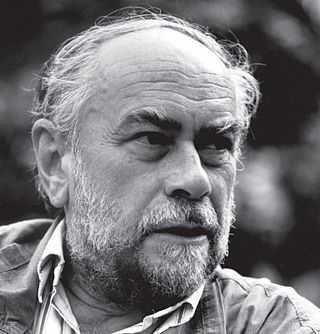
Bogomil Gjuzel was a Macedonian poet, writer, playwright and translator.

Macedonian literature begins with the Ohrid Literary School in the First Bulgarian Empire in 886. These first written works in the dialects of the Old Church Slavonic were religious. The school was established by St. Clement of Ohrid. The Macedonian recension at that time was part of the Old Church Slavonic and it did not represent one regional dialect but a generalized form of early Eastern South Slavic. The standardization of Macedonian in the 20th century provided good ground for further development of the modern Macedonian literature and this period is the richest one in the history of the literature itself.
Duško Novaković is a contemporary Serbian poet. He was born in 1948 in Titograd, SFR Yugoslavia.
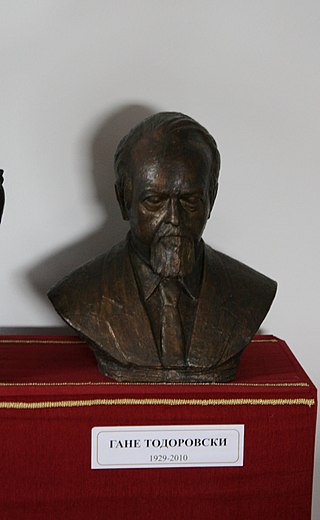
Dragan "Gane" Todorovski was a Macedonian poet, translator, essayist, literary critic, and historian, publicist.
Kiril Cenevski was a Macedonian film director.
VerseVille is a poetry e-magazine based in West Bengal, India. Since 2008 the magazine has published three to four issues per year featuring works of both new and established poets. The magazine also publishes translations, book reviews, essays on poetry and research articles. In March 2015, The Independent Newspaper mentioned the Enchanting Verses as a leading Indian electronic literary review whose prime focus is the world’s contemporary poetry and the ANI News mentioned it as a prominent international e-magazine from India later in the same month. Some notable contributors include Sidney Wade, Liao Yiwu, Donald Revell, Tom Bradley (author), Rae Desmond Jones, Martha Collins, Miguel Barnet, Diann Blakely, Charles Harper Webb, Malay Roy Choudhury, Gopi Kottoor, K. Satchidanandan, Candice James, Melissa Studdard, B. R. Dionysius, Taslima Nasrin, Hemant Divate, Abhay Kumar, Kishwar Naheed, and Nathalie Handal.
Duško Novaković is a contemporary Serbian poet. He was born in 1948 in Titograd, SFR Yugoslavia.
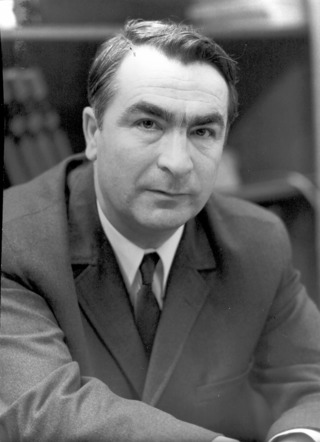
Aco Šopov was a Macedonian poet. He was considered one of the most important poets of Yugoslavia. He took part in World War II in Yugoslavia (1941–45) and his poems written at the time were published as Pesni (Poems) in Belgrade and Kumanovo in 1944, and in Štip the following year. Pesni was the first poetry collection published in Macedonian in SR Macedonia after the war.

Ivan (Ivica) Djeparoski(born 1958 in Skopje, Republic of Macedonia) is a philosopher, cultural theorist, poet and translator. He graduated from the Faculty of Philosophy in Skopje where he received his M.A. and Ph.D. He is an author of fourteen books in the field of aesthetics and cultural theory, five poetry books and also of two poetry anthologies, for which he was awarded the "Mlad Borec Prize" (1984), "Dimitar Mitrev Prize" (1993) and “Paradigm Prize” (2009). He works at the Faculty of Philosophy in Skopje as a professor of "Aesthetics", "History of Aesthetics" and "Cultural Theories". He is/was Head of the Institute of Philosophy, Head of postgraduate studies of the Institute of philosophy (2010-2013) and secretary of Macedonian P.E.N. Centre.. He also translates. He was granted the "Grigor Prlicev Award" (1993) for a poetic rendition as well as the „Miladinov Brothers” awardArchived 2016-10-09 at the Wayback Machine(2017) for the best poetry book The Light of Mount Athos, written in Macedonian. His poetry and some of his essays are translated into several languages.

Nikola Madžirov is a Macedonian poet, editor and translator. He has been a guest at several literary festivals across the globe and has been translated into more than thirty languages. He is a recipient of Hubert Burda European Poetry Award, the Miladinov Brothers poetry prize and has been a writer in residence at the University of Iowa’s International Writing Program and LiteraturRaum in Berlin. His works have appeared in magazines like Words Without Borders, Poetry Foundation, and World Literature Today.
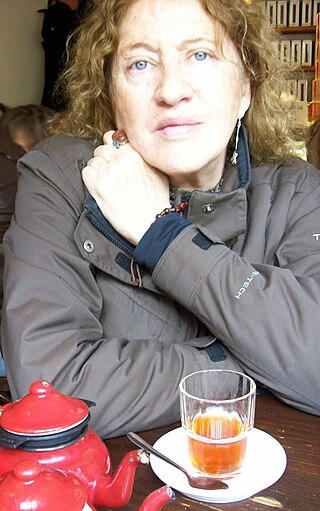
Teresa Amy was a Uruguayan teacher, poet, and translator.



















